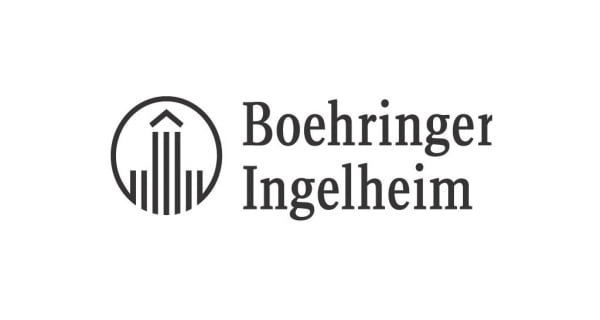
Ingelheim, Germany:
- Results presented at the 33rd ECNP Congress from a 12-week, placebo-controlled Phase II trial demonstrated BI 425809 has met its primary endpoint1,2
- Trial results, together with an ongoing combination Phase II study of BI 425809 and adjunctive computerized cognitive training, add to the body of evidence for Boehringer Ingelheim’s schizophrenia research program3
- Cognitive impairment associated with schizophrenia (CIAS) has a significant negative impact on daily functioning and remains a focus for Boehringer Ingelheim’s research across several neuropsychiatric disorders

Boehringer Ingelheim today announced the results from a 12-week, placebo-controlled Phase II trial, that demonstrated BI 425809 has met its primary endpoint. The data showed improvement in cognition in stable adult patients with schizophrenia.1 Central to many everyday tasks, impairment of cognitive function still constitutes a major burden for patients, and no pharmacological treatments are currently approved for cognitive impairment associated with schizophrenia (CIAS). These results presented at the 33rd European College of Neuropsychopharmacology (ECNP) Congress will advance the understanding of how deficits in transmission of signals between nerve cells may contribute to diminishing cognition in people living with schizophrenia.2
The Gly-T1 inhibitor, BI 425809, forms a key component of Boehringer Ingelheim’s Central Nervous System (CNS) research program. The latest trial results, along with an ongoing combination Phase II study of BI 425809 and adjunctive computerized cognitive training, will help determine the direction for BI 425809 in further schizophrenia research.3,4
Prof. W. Wolfgang Fleischhacker, Medical University Innsbruck, Austria: “The outcome of this trial is an important step forward in our understanding of cognition in schizophrenia. Cognitive impairment causes significant challenges for people in their everyday functioning. Patients with schizophrenia struggle with remembering things like birthdays, learning new tasks, concentrating, or making decisions that affect their everyday life. Advancing our understanding of how we might improve these symptoms in schizophrenia is significant for the research community and the patients and families living with this condition.”
The Phase II results of BI 425809 in cognitive impairment associated with schizophrenia are being further evaluated to assess how they will support the continued research and development for the treatment of schizophrenia.
“The trial results for our investigational compound BI 425809 in schizophrenia are encouraging. This is a positive advancement in our mechanistic knowledge of how excitatory neurotransmissions affect aspects of mental illness, aligning with our systematic neurobiological approach to CNS research,” adds Dr Vikas Mohan Sharma, M.D., head of medicine CNS, Retinopathies & Emerging Areas, Boehringer Ingelheim. “We recognize this is important news for people affected by schizophrenia. We are making progress in developing treatments which will not only reveal important advances in our understanding of schizophrenia but also potentially other neuropsychiatric diseases.”
Cognition is a fundamental aspect of everyday life, including problem solving, memory and attention. When affected, people living with poor cognition can have a reduced mental ability to process information, remember straightforward things or perceive other people’s emotions and expressions. These functions are common to many forms of mental disorders such as schizophrenia, Alzheimer’s disease and depression. Finding solutions for cognitive impairment is a key area of Boehringer Ingelheim CNS research.








































